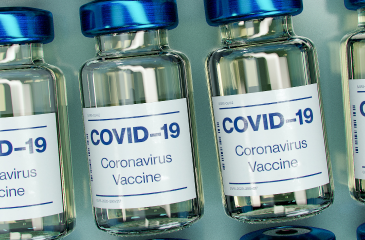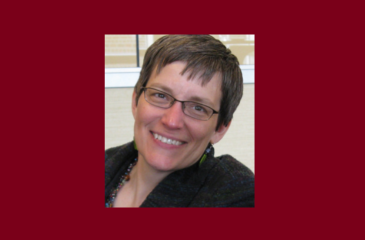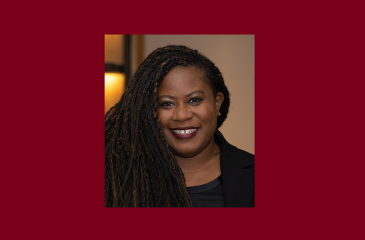"Recent announcements at the state and federal level reflect good news about expanded eligibility for COVID-19 vaccines. Three weeks ago, the Minnesota Department of Health released its updated vaccine guidance about the staging and expected timing of the COVID-19 vaccine. President Biden recently said he now expects all adults to be eligible within six weeks, by May 1. Some states, like Michigan, Mississippi, and Alaska, are now opening up to all adults. In Minnesota, we’ve recently added about 1.8 million high-risk Minnesotans to the “now-eligible” pool in our current tier in phase 1b. But some subgroups within it remain at higher risk than others, e.g., Black, Indigenous, and People of Color (BIPOC) Minnesotans aged 50+."
"In a state like Minnesota, which is overwhelmingly whiter the older you get, the early focus on age alone largely meant a focus on older whites. But now is the time for healthcare systems, community pharmacies, and other vaccine providers to get vaccines into communities of color and seriously focus on implementing effective initiatives to promote access for older and even middle-aged BIPOC populations. It is the minimum we can do, ethically. Why? Because based on data regarding the risk of death, these groups should have been prioritized the moment states opened up to 65+ in January, given the relative risks in these populations. Among white Minnesotans, 89% of COVID-19 deaths outside of long-term care were in folks aged 65+, but only 59% of deaths in BIPOC populations were in that age group. BIPOC Minnesotans are dying at high rates, much younger than white Minnesotans; outside of long-term care, BIPOC Minnesotans aged 50-64 have COVID mortality risk equivalent to white Minnesotans aged 65-74. Limiting eligibility to those 65+ has meant that whites appeared to have systematically better access to the scarce vaccine."
Co-authored by:
- Jonathon P. (JP) Leider, PhD - independent consultant in the public health and health policy space, as well as a Senior Lecturer at the University of Minnesota and Associate Faculty at the Johns Hopkins Bloomberg School of Public Health and Affiliate Faculty member of the Center for Bioethics.
- Elizabeth Wrigley-Field, PhD - Assistant Professor in Sociology at the University of Minnesota, where she is also affiliated with the Minnesota Population Center.
- Debra DeBruin, PhD - Interim Director of the Center for Bioethics, University of Minnesota-Twin Cities, where she has held several academic leadership appointments.
- Nneka Sederstrom, PhD, MPH, MA, FCCP, FCCM - Chief Health Equity Officer for Hennepin Healthcare and Affiliate Faculty member of the Center for Bioethics.



